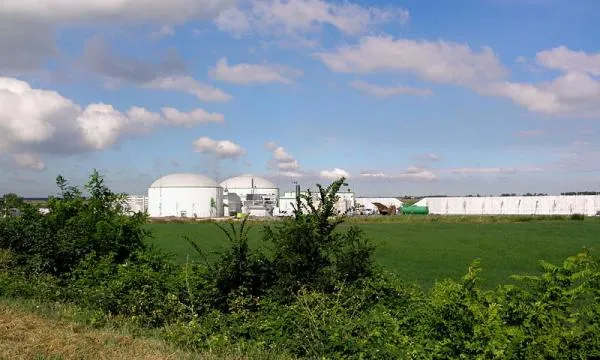
Tariff reform puts heat on China's biomass-powered plants
Subsidies will be difficult to come by due to shortfalls in the government’s renewables fund.
China’s tariff subsidy scheme for biomass plants is under review, putting into question the sustainability of operational biomass projects commissioned since 2017, i.e. those not registered within the first to seventh batches.
According to an analyst note by Citi, about half of the standardised biomass tariff of 11 cents (RMB0.75) per kWh is from subsidy, which is paid by a renewable energy fund run by the country’s central government.
“The fund had over $43.04b (RMB300b) shortfall by end-2019. It appears difficult to raise the collection of the fund amidst a fragile PRC economy hurt by the coronavirus outbreak,” said Pierre Lau, head of Asian utilities & clean energy research at Citi.
Unlike waste-to-energy and waste-water projects which might mitigate the subsidy cut by raising revenues from local end users in cities, biomass plants have difficulties doing so as they are often in rural areas with low affordability, Lau added.
He cited an instance in which the collections of one of the owners of these biomass power plants, China Everbright Greentech, sharply fell 39% YoY to $20.08m (RMB140m). “If the biomass tariff is cut 27% to 7.9 cents (RMB0.55) per kWh, its biomass project will have no gross profit,” he said.



















 Advertise
Advertise




